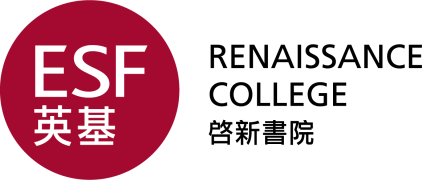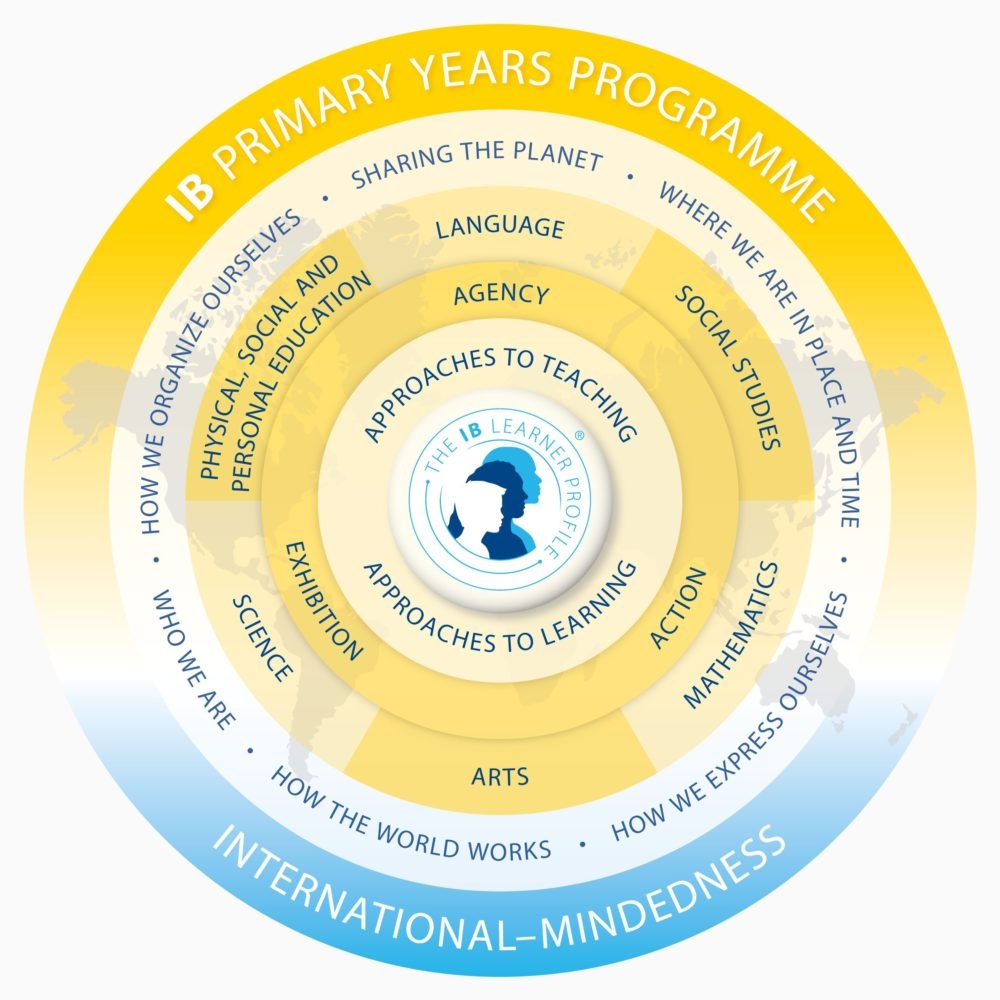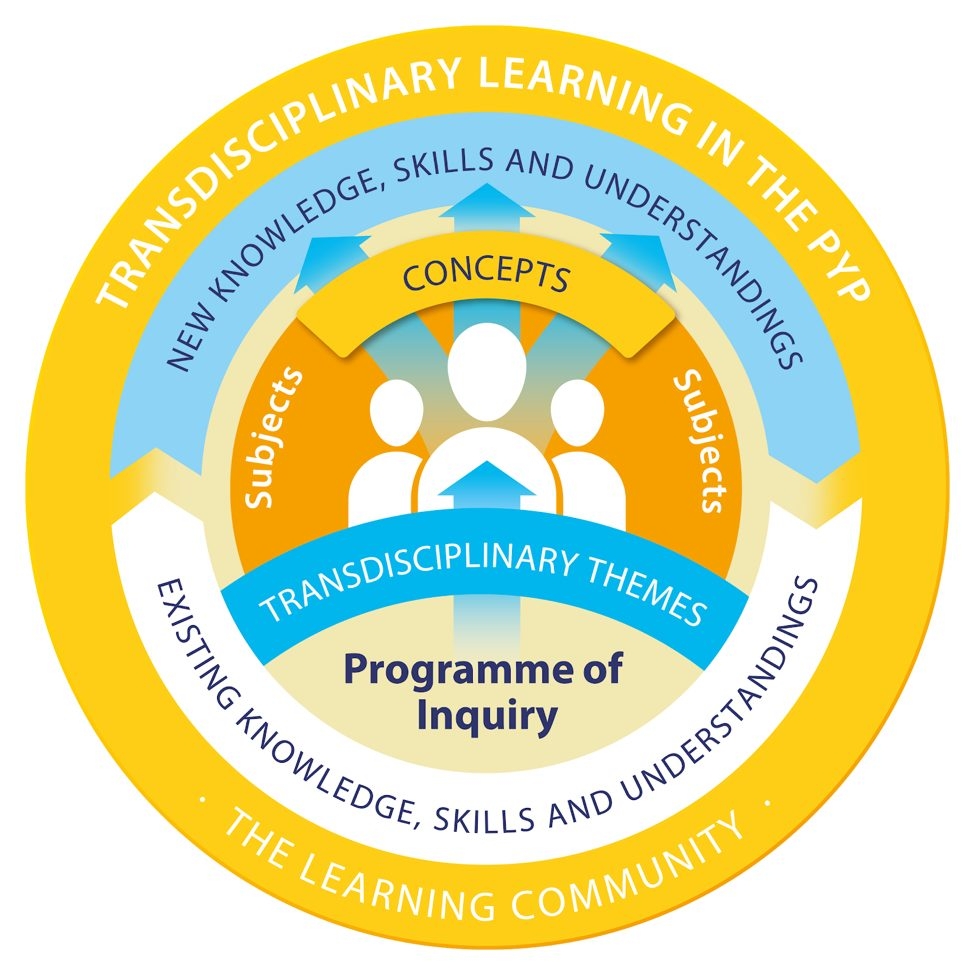The Diploma Programme is a pre-university course designed for students aged 16 to 19. In Year 12 and Year 13, students undertake the full IB Diploma Programme or IB Courses. The IB Diploma is widely recognized as the most comprehensive university preparatory programme in the world, building research skills, promoting personal responsibility and encouraging independence.
The IB Diploma Programme is designed for students who have successfully completed their middle years of secondary schooling. Various indicators of this success exist as possible pathways for entry to the IB Diploma Programme:
- Successful completion of the IB Middle Years Programme
- An average, or predicted average, of 5 Grade C’s in the IGCSE examinations
- New applicants will be admitted to the college and the programme on the basis of school transcripts, written applications, interviews, and admission tests
Students who have not completed these will still be considered on a case-by-case basis Students successfully completing any of the above will normally be entered into the IB Diploma Programme. Students with grades lower than the requirement but who, in the judgement of the IB Diploma Coordinator, would be suitable candidates for Year 12 entry may be admitted as an IB Courses student. However, all cases will be evaluated on an individual basis, and the College reserves the right to accept or reject any application at its discretion. Students will be counselled on the correct choice of either full Diploma status or Courses status.
Structure of the IB Diploma Programme
Core Requirements
The extended essay, with a prescribed limit of 4,000 words, offers students the opportunity to investigate a topic of individual interest and acquaints them with the independent research and writing skills expected at tertiary level.
- Theory of Knowledge (TOK)
The interdisciplinary TOK course is designed to provide coherence by exploring the nature of knowledge across all disciplines, encouraging an appreciation of other cultural perspectives.
- Creativity, Activity, Service (CAS)
Participation in the school’s CAS programme encourages students to be involved in artistic pursuits, sports and community service work, thus fostering their awareness and appreciation of life outside the academic arena.
DP Subjects
Group 1: Studies in Languages and Literature
1.1 Language A – Literature
This is the study of literature in a student’s first language, including the study of selections of world literature. At Renaissance College, students can choose from English and Chinese (Putonghua). In studying their first language, students are able to develop:
- A personal appreciation of the literature
- Skills in literary criticism
- Strong written and oral skills
- Respect for the literary heritage of their first language
- An international perspective
The range of texts studied in language A1 courses is broad, and students grow to appreciate a language’s complexity, wealth and subtleties in a variety of contexts. The aim is to engender a lifelong interest in literature and a love for the elegance and richness of human expression.
1.2 Language A – Language and Literature
This is a study of language and literature in context, in a student’s first language, including the study of selections of world literature. At Renaissance College, students can choose from English and Chinese (Putonghua). In studying this course in their first language, students are able to develop:
- A personal appreciation of language and how it is used to create meaning in different contexts
- Skills in critical text analysis, including that of literary texts
- Strong written and oral skills
- An understanding of and a respect for the continuing evolution of their first language
- An international perspective
The range of texts studied in language A – Language and Literature course is broad, and students grow to appreciate a language’s complexity, wealth and subtleties in a variety of contexts, including its use in multimedia text. The aim is to engender a lifelong appreciation of how language is used to create meaning and a love for the elegance and richness of human expression.
Group 2: Language Acquisition
All students must study a second language. Options are: Language B, Language ab initio or A second Language A.
2.1 Language B
Many factors determine the group 2 course that a student should take: the student’s best language, the language(s) spoken at home and at school, and any previous knowledge of the language of study. The most important consideration is that the language B course should be a challenging educational experience for the student, offering not only the opportunity to learn an additional language but also the means of learning, appreciating and effectively interacting in a culture different from the student’s own. All final decisions on the appropriateness of the course for which students are entered are taken by coordinators in liaison with teachers using their experience and professional judgment to guide the students.
By the end of Language B courses students should be able to: communicate clearly and effectively in a range of situations in oral and written forms understand and use a range of vocabulary select a register and style appropriate to various situations understand and respond to moderately complex written and spoken material assess subtleties of the language in a range of forms, styles and registers show an awareness of, and sensitivity to, the culture(s) related to the language studied.
Students attempting Higher Level courses are expected to demonstrate a wider range of knowledge and understanding and greater depth of analysis. Assessment comprises of a taped oral presentation and two written examination papers.
2.2 Language ab Initio
Ab initio is a language programme for beginners in the language. The course develops the four language skills of listening, speaking, reading and writing. Courses focus on the acquisition of language required for purposes and situations usual in everyday social interaction. The topic areas comprise the individual, education and work, town and services, food and drink, leisure and travel, the environment, and health and emergencies.
Students must complete oral coursework, which is externally assessed or moderated, and sit two external written examinations.
The Renaissance College in conjunction with Pamoja also offers online International Baccalaureate Diploma Programme (IBDP) courses in Language Acquisition for an additional fee. More information on Pamoja IBDP courses can be found on their website.
Group 3: Individuals and Societies (Humanities)
The following subjects are available:
- Business Management
- Economics
- Environmental Systems and Societies (ESS); (transdisciplinary subject across groups 3 and 4)*
- Geography
- Global Politics
- History
- Psychology
All of these subjects may be studied at Higher Level (HL) or Standard Level (SL); *(ESS only at SL).
Studying any one of these subjects provides for the development of a critical appreciation of:
- Human experience and behaviour
- The varieties of physical, economic and social environments that people inhabit
- The history of social and cultural institutions.
In addition, each subject is designed to foster in students the capacity to identify, to analyse critically and to evaluate theories, concepts and arguments relating to the nature and activities of individuals and societies.
Group 4: Experimental Sciences
Six subjects are available:
- Biology
- Chemistry
- Design Technology
- Physics
- Environmental Systems and Societies (ESS)
- Sports, Exercise and Health Sciences
All of these subjects may be studied at higher level or standard level, except ESS, only standard level is offered.
Each subject contains a body of knowledge together with scientific methods and techniques that students are required to learn and apply. In their application of scientific methods, students develop an ability to:
- Analyse
- Evaluate
- Synthesise scientific information
A compulsory project encourages students to appreciate the environmental, social and ethical implications of science. This exercise is collaborative and interdisciplinary: students analyse a topic or problem that can be investigated in each of the science disciplines offered by the school. It is also an opportunity for students to explore scientific solutions to global questions.
Group 5: Mathematics
Subject descriptors
Analysis and approaches at SL and HL is appropriate for students who enjoy developing their mathematics to become fluent in the construction of mathematical arguments and develop strong skills in mathematical thinking. They will also be fascinated by exploring real and abstract applications of these ideas, with and without the use of technology. Students who take Mathematics: Analysis and approaches will be those who enjoy the thrill of mathematical problem solving and generalisation. This subject is aimed at students who will go on to study subjects with substantial mathematics content such as mathematics itself, engineering, physical sciences, or economics for example.
Applications and interpretation SL and HL is appropriate for students who are interested in developing their mathematics for describing our world and solving practical problems. They will also be interested in harnessing the power of technology alongside exploring mathematical models. Students who take Mathematics: Applications and interpretation will be those who enjoy mathematics best when seen in a practical context. This subject is aimed at students who will go on to study subjects such as social sciences, natural sciences, statistics, business, some economics, psychology, and design, for example.
Aims
The mathematics courses aim to contribute to students’ personal attributes, subject understanding and global awareness by enabling them to:
- develop a curiosity and enjoyment of mathematics, and appreciate its elegance and power
- develop an understanding of the concepts, principles and nature of mathematics
- communicate mathematics clearly, concisely and confidently in a variety of contexts
- develop logical and creative thinking, and patience and persistence in problem solving to instil confidence in using mathematics
- employ and refine their powers of abstraction and generalisation
- take action to apply and transfer skills to alternative situations, to other areas of knowledge and to future developments in their local and global communities
- appreciate how developments in technology and mathematics influence each other
- appreciate the moral, social and ethical questions arising from the work of mathematicians and its applications
- appreciate the universality of mathematics and its multicultural, international and historical perspectives
- appreciate the contribution of mathematics to other disciplines, and as a particular “area of knowledge” in the TOK course
- develop the ability to reflect critically upon their own work and the work of others
- independently and collaboratively extend their understanding of mathematics
Group 6: Arts and Electives
The study of a subject from Group 6 is optional.
Four subjects are available:
- Music
- Theatre
- Film
- Visual Arts
These subjects may be studied at higher level or standard level, except film where it is offered as an online SL course. The arts subjects allow a high degree of adaptability to different cultural contexts. The emphasis is on creativity in the context of disciplined, practical research into the relevant genres.
The assessment of these subjects reflects an eclectic attempt to combine contrasting aesthetics and forms of assessment from around the world. In particular, there is no indication of a western-oriented bias.
LINKS:
IBDP Introduction in Chinese
IBDP Brochure in Chinese
IBDP Prospectus 2026-28




